Israel's 1st Chief Rabbi:
Shmini: Immersion in water
When we immerse ourselves in water, we are forced to recognize our existential estrangement from the physical universe.
When we immerse ourselves in water, we are forced to recognize our existential estrangement from the physical universe.
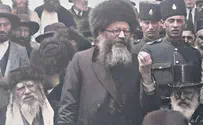
Young Religious Zionist Torah scholars study connections between the weekly Torah portion and the holy land.

Parashat Shmini opens on the eighth day, the 1st of Nissan.
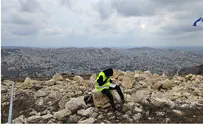
“Chazer Treif” is a Yiddish expression that describes something which is absolutely and completely non-kosher. The use of this description goes well beyond the kitchen...
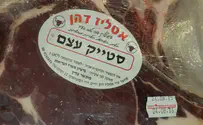
Despite the tragedy in the parasha and a similar one in the haftarah, the joyous celebrations at the time continued. How could they find the inner strength?
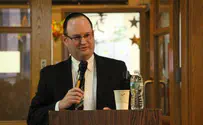
Why did Aaron have to be convinced to approach the altar?
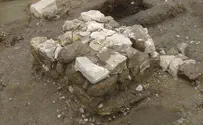
Our sages wondered why the Exodus is mentioned specifically in response to avoiding insects.

Those who fought and those who went to their deaths with heads held high. All are holy.
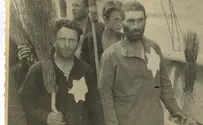
Just as there were crises on the eighth day when the Mishkan was erected, so too in our times, when we have been privileged to establish our national home, there are national and personal crises.
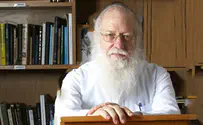
Young Religious Zionist Torah scholars find connections between the week's Torah portion and Eretz Yisrael.

Why is it appropriate that we begin reading this Book on the Shabbat of the month of redemption (whether Nissan or Adar)?
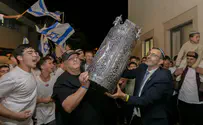
What is the difference between the two sin offerings and is there a psychological insight in that difference?
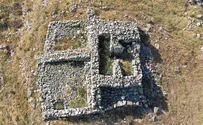
Connections between the Torah portion and the Holy Land, collected by young Religious Zionist Torah scholars.

Commentators weigh in on why the greatest of Prophets could not enter the Tabernacle after it was put up - see the end of the Book of Exodus.
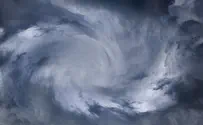
We have no option but to succeed in revealing the hidden sanctity in the inanimate stones of Hashem’s holy land and in the deep recesses of our Jewish souls.
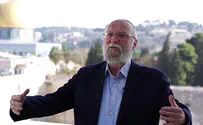
About the accounting we must make every so often to clear up unsettled issues.

Moshe Rabeinu is the spiritual leader who relies on the direct light from Hashem but he realizes that sometimes we should use the shadows instead.
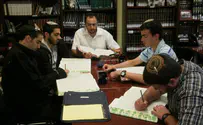
Clothes have the power to change us.
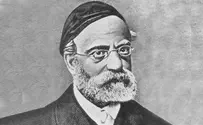
What is the difference between wisdom, insight, and knowledge? How do they apply both to the Creator of the universe and to the human artist?

How can I accept irrational commandments?
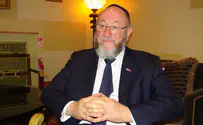
‘The men needed to donate their ornaments to atone for their souls; but the women who did not want to give their ornaments for the calf did not require atonement. ‘Why, then, should the women give their ornaments?

The sanctity of Am Yisrael does not stem from the individual alone but from each person’s ability to contribute to the greater good.

Look at a map of ancient Israel and compare it to where the IDF is today - and where it may be soon.

Where is Hashem’s partiality for Israel made real in the 167 verses of Megillat Esther?

Hashem wants mature, robust adults serving Him.

The oil is a metaphor for the human intellect. The mind also needs guidance; not every intellectual pursuit leads to ethical and spiritual growth. And what about the spiritual growth of the nation?
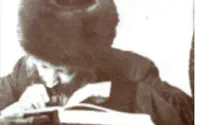
The instrument of speech is a priceless gift to our people to serve Hashem, more so than any of our other organs. The robe was designed to remind us of that.
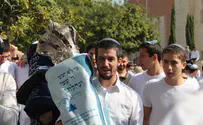
When we get dressed, we feel awake. When we dress like a professional, we behave professionally. When we dress casually, we behave casually. The same is true for good deeds, the garments of our souls. When we fill our days with good deeds, we create a mindset of goodness.

The kohen’s avnet represents the life we should all live.

Young Religious Zionist Torah scholars find connections to Eretz Yisrael in the parasha and othr sources of Judaic knowledge

Was the tachash, whose hides covered the Tabernacle, a kosher animal? Does it matter?
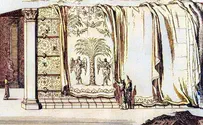
A half which completes and is completed by the other achieves a far deeper level of “wholeness” than ever before.

A father plants saplings 210 years early, offering solace to his children.

Our hope is that with the beginning of this month of Adar, our joy will not only grow throughout this month but continue to increase as we move forward.
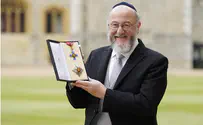
There are very many religious and Torah educated officers in Tzahal, but there is a glass ceiling covering the general staff that leaves no room for Torah-oriented generals. That must change now.

The topic of funds is addressed in this week’s portion, Terumah, as well as in the special maftir reading for Shabbat Shekalim, and in the Haftarah. From these, we learn that there is more than one way to give.

A collection of commentaries on our Sages' question: ’’THEY shall make an Ark’’- in plural, unlike the other utensils, which they are also commanded to make, but where the command is in the singular: ‘YOU shall make..’ - why?
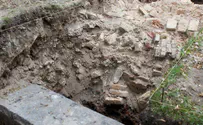
The final teaching of the Lubavitcher Rebbe on this Parashah four weeks before he suffered the stroke from which he did not recover.

Several weeks ago, Aruz Sheva ceased posting weekly Parasha articles by David Schwartz Hy"d. They had been translated from the book of Divrei Torah published for his wedding to Meital שתיבל"א and sadly, there are no more. David Hy"d is certainly learning Torah with the other tsaddikim in Gan Eden...
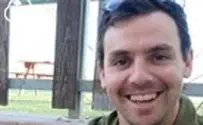
As far as the Temple was concerned, it was important not only to be seen but also to see. What about other situations?

The covenant is established through both aspects—the "big" revelations and the "small" laws—together leading to spiritual heights.

What can we learn from the fact that this issue of "Mishpatim" (laws) comes right after the revelation at Mount Sinai?
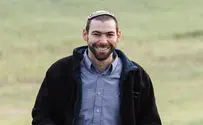
What is lacking today among many Torah leaders is the will to achieve “rosh gadol”.
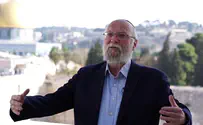
The Torah quickly disabuses us of a popular notion.

From our childhood, we indulge in a world of imagining, until that which we imagine becomes our reality....

A scholar’s greatest influence takes place in those spheres where others can best relate to him.
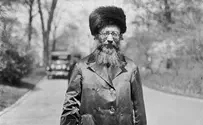
Honoring one's father and mother is only one of two lessons on family life in the parasha.
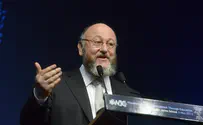
Were there not other great things that could have made Yitro say, ‘Now I know,’ such as the actual redemption or the splitting of the sea?
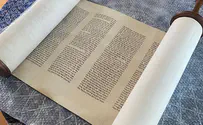
Sometimes, just sometimes, when the nation of Israel is at a low ebb, when we are vulnerable and uncertain, when we need strengthening, G-d sends us a leader like Yitor from outside who can provide that emboldenment.

When G-d grants us victory over our enemies, when He destroys our enemies who oppress us, we are obligated to thank Him with ecstatic praise. Anything less denotes extreme ingratitude
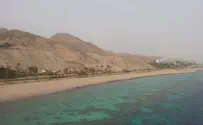
Young religious Zionist Torah scholars find connections between the Torah reading and the Holy Land.

What do I do for a G-d who forged a personal relationship with me and showed me His tender love? I beautify Him. I make Him as beautiful as I can.

Who freed the slaves - Hashem or Pharaoh?
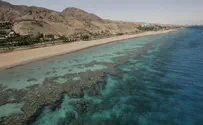
Why may the korban pesach only be eaten at the nighttime? And why must it be roasted?
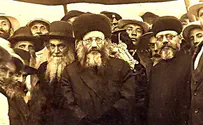
Following the commemorations for the 80th anniversary of the liberation of Auschwitz, to which I accompanied King Charles, we can be certain, perhaps more than at any other time before, of the truth that Am Yisrael Chai.
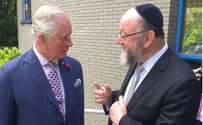
Various commentators weigh in on a question on the Torah reading. Did Bnei israel in Egypt not have any Mitzvot, so that Hashem felt compelled to give them these two new Mitzvot - pesach and milah - in the merit of which they were redeemed from Egypt?
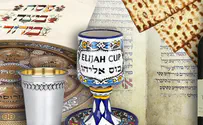
A lesson of hope for today from this week's Torah reading.
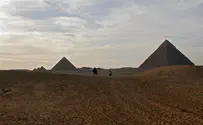
Tje hareidi and religious Zionist total 22% and the others 78% of Israel's population. These numbers parallel the demographics of our ancestors on the eve of the Exodus!

Religious Zionist scholars find and explain connections between Torah readings and the Holy Land. This week: The Land of Israel as a "morasha."

What is the difference between motzi and ha-motzi?
